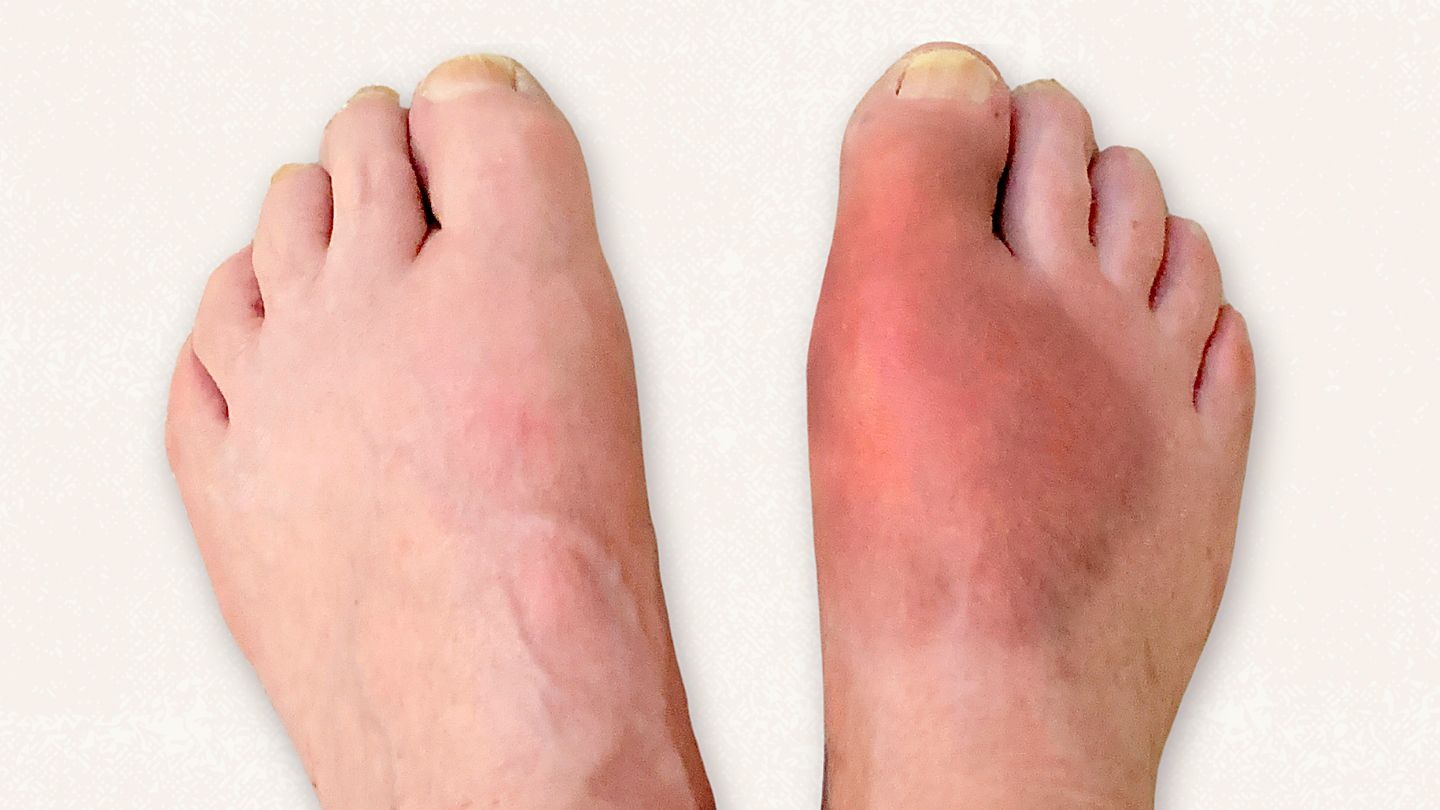Diabetes can take a toll on many parts of the body, especially the feet. I focus on the role of podiatry in preserving foot health for diabetic patients. Issues like neuropathy, poor circulation, and atoka tailor’s bunion can complicate things. Podiatry provides crucial care to help prevent serious complications. Addressing foot health early saves trouble down the line.
Understanding the Risks
Diabetic patients face unique challenges with foot health. Nerve damage, or neuropathy, may cause numbness. Poor circulation can slow down healing. Together, these can lead to severe infections or even amputations. Recognizing these risks can help in taking preventive steps.
The Role of Podiatrists
Podiatrists specialize in foot care and can be a key part of the healthcare team for diabetic patients. They offer regular foot exams to catch minor issues before they become serious. They also provide guidance on proper footwear to protect sensitive feet.
Preventive Measures
Prevention is essential in managing foot health for those with diabetes. Here are three vital steps:
- Check feet daily for cuts, blisters, or redness.
- Keep feet clean and moisturized.
- Wear appropriate shoes and socks to avoid injury.
Following these steps can significantly reduce the risk of foot complications. The American Diabetes Association provides detailed guidelines on foot care for diabetics.

Monitoring and Professional Care
Regular visits to a podiatrist can identify potential problems early. Podiatrists can perform routine care like trimming nails and treating calluses. They also offer specialized treatments for advanced conditions.
Common Foot Issues
Diabetic patients may encounter specific foot problems that require attention. Here’s a comparison of common foot issues and their treatments:
| Issue | Symptom | Treatment |
|---|---|---|
| Neuropathy | Numbness | Proper foot care and monitoring |
| Atoka Tailor’s Bunion | Pain and swelling | Customized footwear and orthotics |
| Foot Ulcers | Open sores | Wound care and antibiotics |
Conclusion
Podiatry plays a crucial role in preserving the health of diabetic feet. By understanding the risks, embracing preventive measures, and seeking professional care, patients can maintain better foot health. Regular monitoring and prompt attention to foot issues can prevent severe complications.





